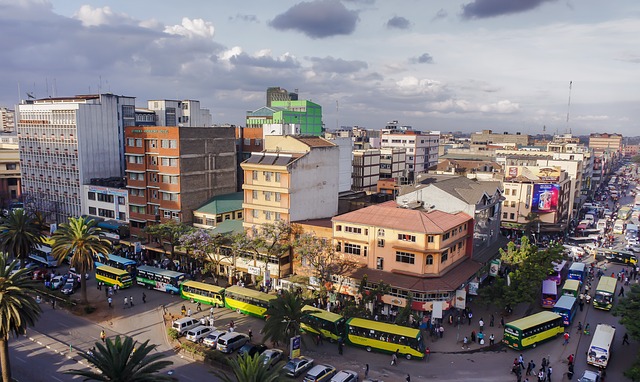Africans no longer require visas to enter Kenya

During his inauguration for a second term in office, Kenyan President Uhuru Kenyatta announced that Africans wishing to visit Kenya will be eligible to receive a visa on arrival. The directive, he said, was meant to enhance trade, security, and intercontinental travel.
“Allowing workers to move freely across countries could yield large gains, comparable to a doubling of labor income in developing countries,” writes John Kennan in his article Freedom of movement for workers.
Although the immigrant flows would be large, the wage effects would be small since increases in labor supply would induce investment, Kennan explains.
President Kenyatta made his announcement in front of African leaders from Djibouti, Ethiopia, Gabon, Nigeria, Rwanda, Somalia, Uganda, and Zambia, among others.
“The free movement of people on our continent has always been a cornerstone of Pan-African brotherhood and fraternity,” he said. “The freer we are to travel and live with one another, the more integrated and appreciative of our diversity, we will become.”
Moving across Africa is hard for Africans, who have the least powerful passports in the world. It’s often easier for North Americans and Europeans to travel across the continent with less restrictive and faster visa processes than many Africans.
However, over the last two years, there’s been a drive by the African Union (AU) and others to make freedom of movement across the continent easier. It is one of the organization’s flagship projects. The AU launched a continental passport last year to encourage open borders.
The African Development Bank says that at least 21 countries have loosened or scrapped their visa rules all together.
Kenyatta said that members of the East African Community will be treated as Kenyans when they visit the country. They will be able to use their identity cards, and not passports, to do business and own property in Kenya.
“There is ample empirical evidence for a pro-trade impact of migration. Although the immigrant elasticity estimates differ greatly across studies, their average is about 0.15, implying that trade increases on average by 1.5% when the number of immigrants increases by 10%,” says Murat Genҫ.
“…A win-win situation like this suggests that liberalizing migration policy can further reduce trade barriers to facilitate trade. Thus, it would make sense for governments to follow more liberal migration policies.”
Have a specific question about migration policy? Get in touch with one of our Topic Spokespeople.